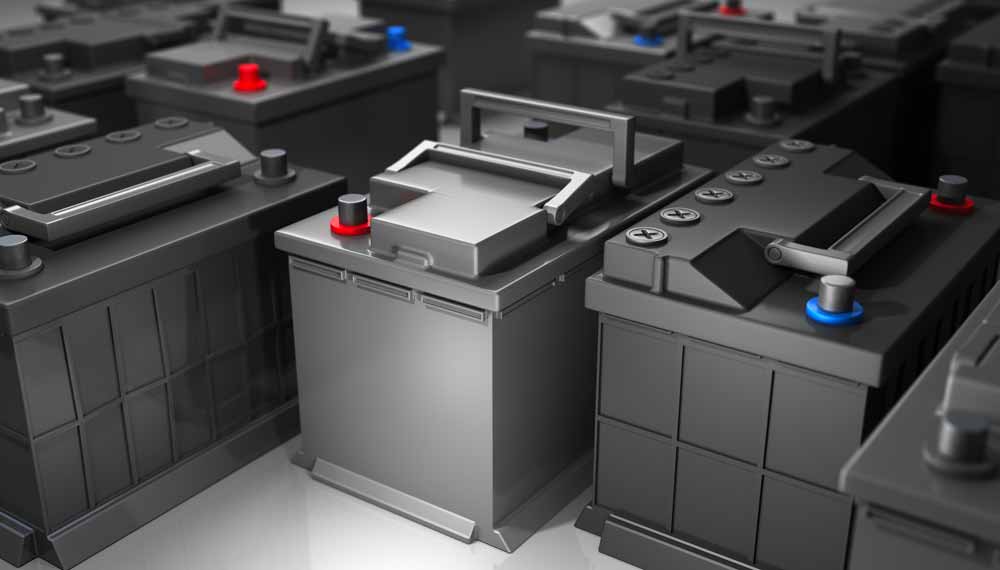Yes, lead-acid batteries are highly recyclable, and the recycling process is well-established and widely practiced. Recycling lead-acid batteries is not only environmentally responsible but also economically viable due to the valuable materials that can be recovered.
- Collection:
- Used lead-acid batteries are collected from various sources, such as automobiles, uninterruptible power supply (UPS) systems, industrial equipment, and more.
- Transportation:
- The collected batteries are transported to recycling facilities.
- Breaking and Draining:
- At the recycling facility, the batteries undergo breaking, where they are mechanically crushed or shredded. The goal is to separate the plastic casing, lead plates, and the acid.
- Battery Acid Neutralization:
- The sulfuric acid (battery acid) is neutralized or treated to produce water and a neutralizing agent, typically sodium sulfate. This neutralization process is an essential step in the environmental management of lead-acid battery recycling.
- Lead Plate Separation:
- The lead plates and other components are separated from the crushed material.
- Lead Smelting:
- The lead plates are melted down in a smelter. During this process, impurities are removed, and the molten lead is cast into ingots.
- Plastic Separation:
- The plastic casing is often treated and recycled separately.
- Sulfuric Acid Recovery:
- The sulfuric acid, after neutralization, can be further processed to recover it as a useful product.
- Reuse of Materials:
- The recovered lead, plastic, and other materials can be used to manufacture new batteries. The lead is particularly valuable and is a primary reason for the economic viability of lead-acid battery recycling.
Recycling lead-acid batteries is crucial for several reasons:
- Environmental Impact: Lead is a toxic substance, and improper disposal of lead-acid batteries can lead to environmental pollution. Recycling prevents the release of lead into the environment.
- Resource Conservation: Recycling conserves valuable resources, such as lead and plastic, by reusing them in the production of new batteries.
- Regulatory Compliance: Many regions have regulations in place that require the proper recycling of lead-acid batteries to mitigate environmental hazards.
Due to the well-established recycling infrastructure for lead-acid batteries, the majority of these batteries are recycled globally. It’s essential for consumers to responsibly dispose of used lead-acid batteries by taking them to designated recycling facilities or participating in recycling programs provided by manufacturers and retailers.


